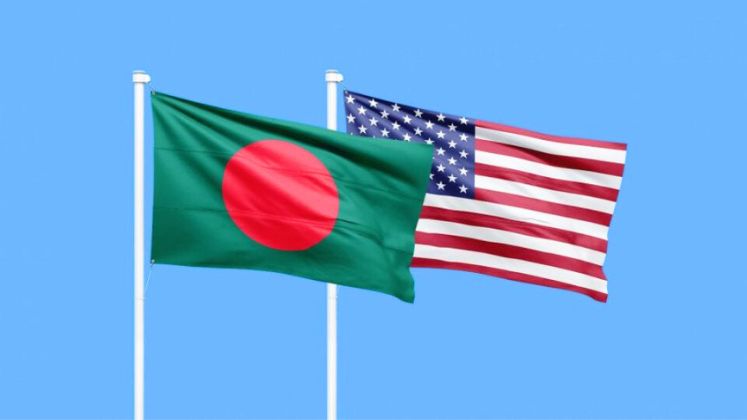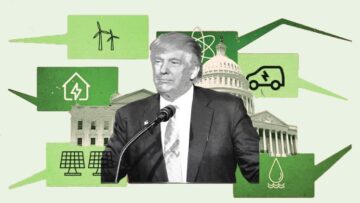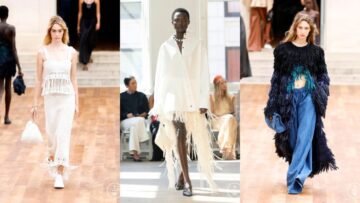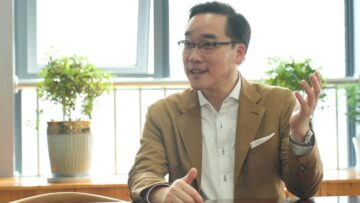
Bangladesh is set to push for zero-tariff and preferential access for its exports to the United States during high-level talks on the sidelines of the World Bank-IMF Spring Meetings in Washington from April 21–25.
Despite the US offering zero tariffs on over 82 per cent of its total tariff lines, Bangladeshi exports remain largely excluded from these concessions, facing an average tariff of 15.2 per cent, one of the highest among US trading partners, according to a commerce ministry brief prepared for the meeting. Tariffs on knitwear and woven garments from Bangladesh stand at 18.7 per cent and 15.8 per cent, respectively.
In contrast, the brief highlights that US goods exported to Bangladesh are subject to significantly lower tariffs, averaging just 1.62 per cent in FY 2023–24. Bangladesh intends to leverage this disparity during negotiations to advocate for duty-free access, particularly under the World Trade Organization (WTO)’s Hong Kong and Bali Ministerial mandates that recommend such treatment for least developed countries (LDCs).
The ministry notes that the US continues to impose a substantial barrier on Bangladeshi products, particularly garments, despite Bangladesh’s LDC status. One of the key proposals Bangladesh is expected to present is duty-free market access for ready-made garments (RMG) made from US cotton.
While Bangladesh does not impose duties on cotton imports in general, US-origin cotton currently faces a 16 per cent ad valorem duty. In 2022, Bangladesh imported US $ 478 million worth of cotton from the US, according to data from the Economic Relations Division (ERD). To facilitate further trade, Bangladesh recently approved bonded warehouse facilities for US cotton imports.
The upcoming dialogue comes in the wake of a temporary freeze on the controversial 37 per cent reciprocal tariff announced by former US President Donald Trump on April 2. Although the steep tariffs were paused a week later, a baseline 10 per cent tariff remains in effect, compounding existing duties on Bangladeshi goods.
Before the freeze, Bangladesh had offered to reduce or eliminate trade barriers on American products to help narrow the trade gap, which currently stands in Bangladesh’s favor. In FY ’24, exports to the US reached US $ 7.6 billion, while imports stood at US $ 2.5 billion. The RMG sector alone contributed 87 per cent of the export earnings, cementing Bangladesh’s position as the third-largest apparel exporter to the US, after China and Vietnam.
As part of its broader strategy, Bangladesh has also identified 30 US products currently facing higher tariffs in the country. In a letter to President Trump, Chief Adviser Muhammad Yunus expressed Bangladesh’s willingness to eliminate duties on US agricultural goods and scrap metal, and proposed a 50 per cent tariff reduction on key American exports like gas turbines, medical equipment, and semiconductors.
The Bangladeshi delegation at the Spring Meetings will be led by Finance Adviser Dr. Salehuddin Ahmed, accompanied by Bangladesh Bank Governor Dr. Ahsan H Mansur and senior trade and economic officials. They aim to advocate for a more equitable trade framework that benefits both nations.






